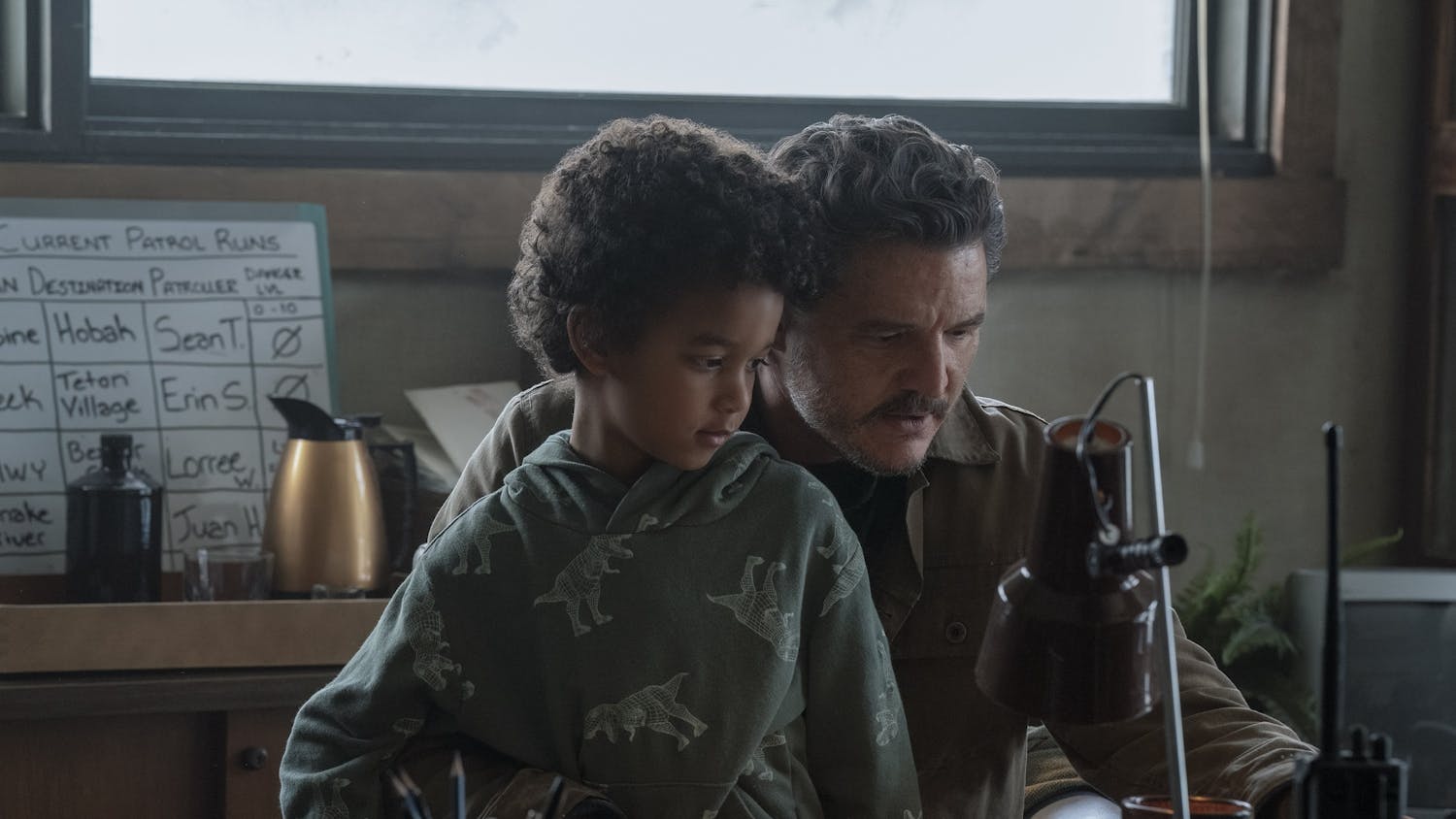On April 5, President Donald Trump gave a second extension to the owners of TikTok to sell the social media platform to an American company or be banned from the U.S. market. The executive order follows the initial temporary ban from U.S. app stores, which took place January 15.
ByteDance, the owners of TikTok, and U.S. TikTok users remain in the tug-of-war between the concerns of national security and the digital habits of millions of Americans. The future of TikTok remains uncertain with the newest extension granted by U.S. lawmakers.
TikTok has been around since 2017. It has faced scrutiny from U.S. lawmakers since 2020, when concerns first arose about the app’s data practices and potential connections to the Chinese government. The concerns culminated in the passage of the bipartisan-supported Protecting Americans from Foreign Adversary Controlled Applications Act aimed at banning TikTok unless ByteDance sells the platform to a U.S.-based company.
Lawmakers argue TikTok’s data collection methods could give the Chinese Communist Party access to sensitive user information, but no public evidence of such misuse has surfaced. Nevertheless, the concern has been strong enough to prompt action from Congress and the White House.
Originally, ByteDance was given 180 days to divest from TikTok or face a U.S. ban. With the latest extension, the deadline’s push to June 2025 gives the company more time to respond and negotiate. Officials say the extension provides more room to assess the consequences of such a move on users, businesses and the wider tech industry.
In the short term, TikTok will remain accessible to U.S. users and ByteDance will continue to operate the app while negotiating its next steps. However, the long-term picture is murkier.
The U.S. could follow through with the ban if ByteDance refuses to sell, but legal challenges are expected. Courts would likely have to weigh free speech concerns against national security claims, an issue that sets a significant precedent for future tech regulation.
Beyond TikTok, the debate raises broader questions about how the U.S. government handles apps and platforms with foreign ownership. It also signals increasing pressure on lawmakers to regulate digital platforms more aggressively, especially those tied to geopolitical rivals.
In a March 27 post from Newsweek on TikTok, President Trump responded when asked if he would extend the deadline.
“We will have a form of a deal,” Trump said. “TikTok is very popular, very successful, very good. We’re going to have a form of a deal, but if it’s not finished, it’s not a big deal.”
In a follow up, the reporter asked if there is a way for a U.S. company to operate it and for ByteDance to still have a share of the algorithm.
“We will find the best one, for our country,” Trump said.
He further explained the possibilities of conversations with TikTok executives and the Chinese government on what would need to be done in order to leverage TikTok.
“I’m worried about our country more than anything else with respect to TikTok,” Trump said. “China is going to have to play a role in that, possibly, in the form of an approval, maybe. And I think they’ll do that. Maybe I’ll give them a little reduction in tariffs or something to get it done.”
TikTok remains a digital town square for millions of Americans, but its future lies in the hands of negotiators, regulators and courts.
Whether the extension leads to a compromise or a confrontation, one thing is clear: the battle over TikTok is about the future of global tech governance.






